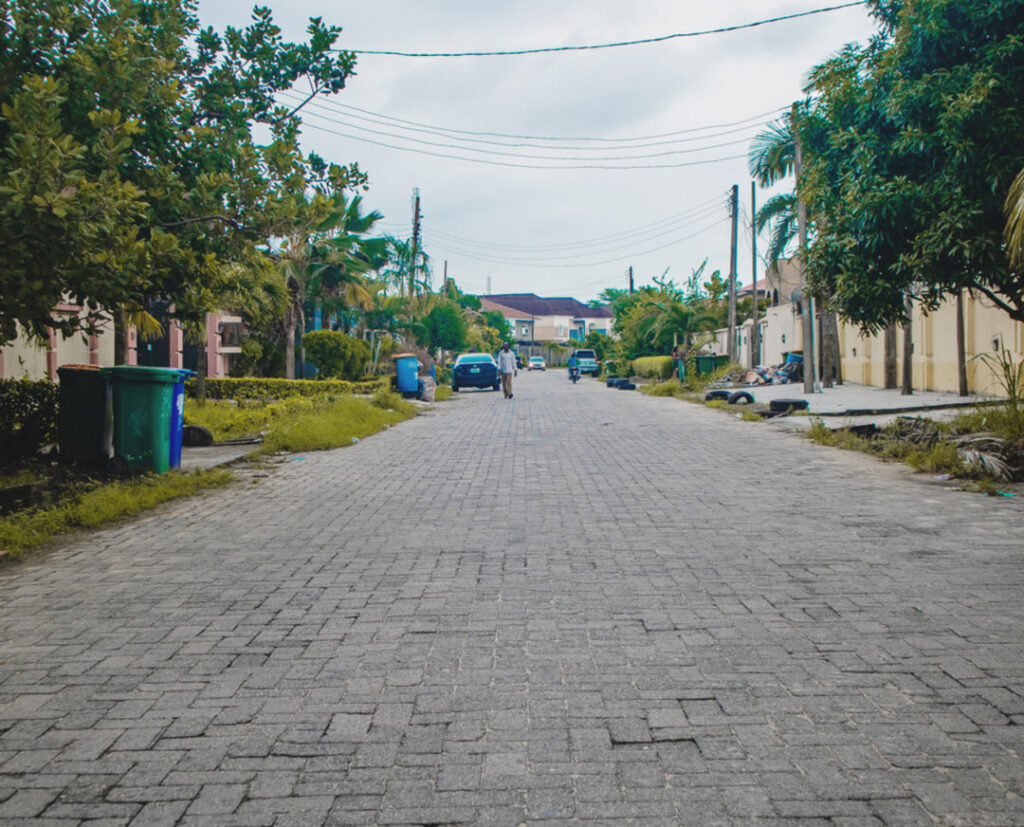Metro
Experts advocate use of interlocking materials for road constructions
Experts in the field of Civil Engineering have advocated the use of interlocking materials for road constructions in the country in place of the conventional asphalt laying.
Engr. S. O. Abiola, a Chief Technologist in the Department of Civil Engineering, Faculty of Engineering and Technology, University of Ilorin made the call when 200 level Engineering students embark on interlock road construction of a campus road using interlock on the Students Working Experience Programme (SWEP).
Engr. Abiola, while supervising the SWEP students on the 60 meters interlock road located beside the University Admission Office, pointed out that interlocking road is better than the asphalt conventional road in terms of its maintenance and cost.
According to him, “This seems to stand the test of time, being easier to maintain. If it breaks along the line, you can easily remove that one and then replace it, unlike the asphalt that will continue to have pot holes.
“If it is properly bounded, then it is better and the cost too will reduce. This is because for a kilometre of road with asphalt you can be talking about N3 million or N4 million, but with this, you could get about 50% reduction.”
Engr. Abiola advised the University to adopt the interlocking model over the asphalt road, saying that if the interlocking is competently done, then it will be better for the University to adopt it, as the maintenance will be easier than asphalt road.
He also advised the students on SWEP exercise to work, and not see the exercise as strenuous, but where they can gain experience to perform wonderfully.
“Let me acknowledged here that there are some terminologies the students can get on the field which they cannot get in class. So, I urge them to embrace it completely”, he said.
Engr. Abiola also stressed the penalty of failing to partake in the SWEP exercise by any student without any genuine reason, is automatic carry-over as it is a compulsory course in the Faculty, adding that all hands are on deck to ensure they do the SWEP even when it is not convenient.
In his comment, the representative of one of the student groups, Olorunmaye David Sijabomi, said that the exercise has enabled them to gain experience and know more about interlocking, and their knowledge is now not limited to paper work alone.
Corroborating Engr. Abiola, Olorunmaye also maintained that the interlocking is better than asphalt in terms of cost and maintenance.
In her remarks, Salmat Temitope, a 200 level student of Water Resource and Environmental Engineering, said, “To me, so far, this is a wonderful experience. Before, we do more of theory. But now we are doing the practical of what we have been taught in class.”
The exercise, which has over 1000 students on site, was also supervised by a team of technologists, such as Engr. M. O. Sayi, Engr. S. Alasinrin, Mr. A. K. Yusuf, Mr. E. K. Badmus and Mr. Hassan Issa, among others.

Contact: info@royalnews.com.ng

